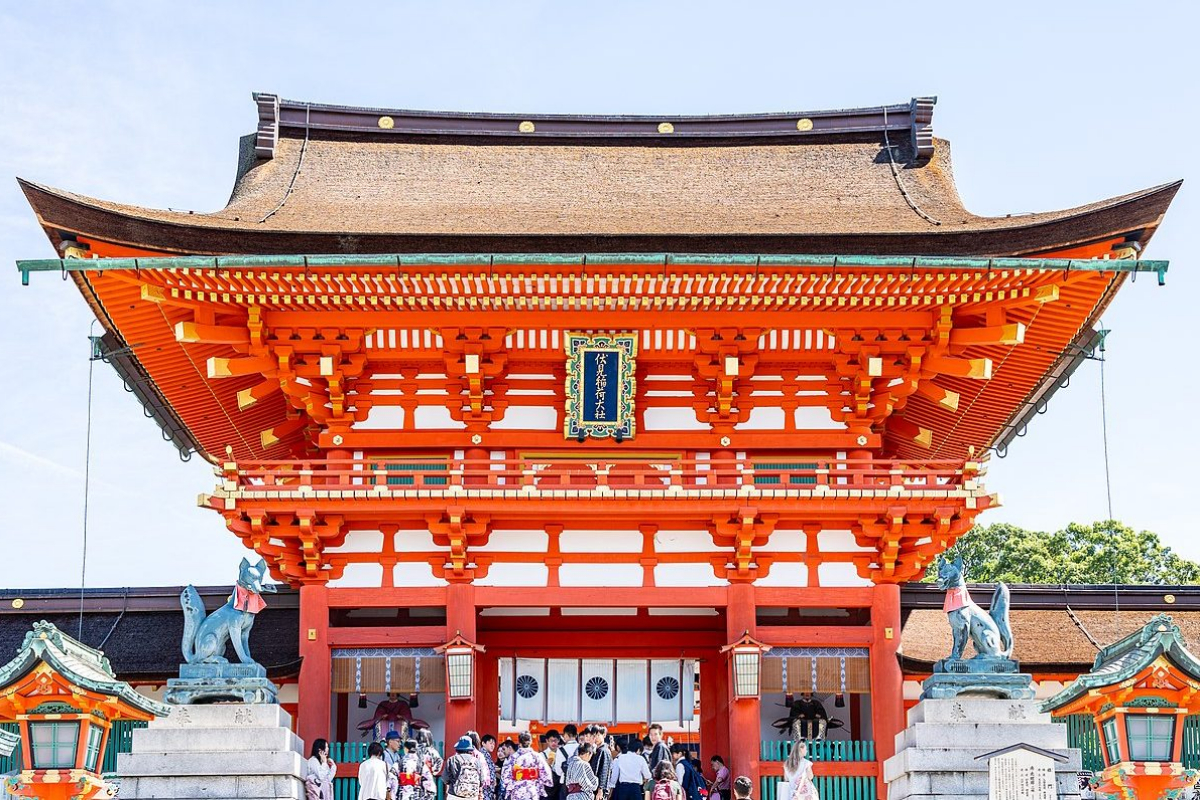- That is notably evident in Japan, which reopened in June 2022 with much pomp and well before the busiest travel period.
- Approximately 1,500 leisure travellers entered the nation between June 10 and July 10, according to information from the Japanese Immigration Services Agency.
- However, the company has been forced to take a break since 2020. The China effect with 9.25 million Chinese tourists visiting Japan in 2019, neighbouring China was the country’s single-largest tourist market.
Stories concerning travel difficulties, crowds at popular locations and airports, and potentially fatal heat waves in Europe have dominated the summer of 2022.
However, travellers have been sluggish to return to Asia, where many nations are reopening more gradually, with fewer airline cancellations or terrifying tales of misplaced luggage.
That is notably evident in Japan, which reopened in June 2022 with much pomp and well before the busiest travel period. Approximately 1,500 leisure travellers entered the nation between June 10 and July 10, according to information from the Japanese Immigration Services Agency. That represents a 95% decrease over the corresponding period in 2019, prior to the pandemic.
What therefore is the root of the disparity? And why tourists are so reluctant to visit what was once a popular destination
No safety in numbers
Japan is once again reachable, but at the moment the country only allows leisure travellers to arrive in organised groups rather than individually. That problem was a deal-breaker for many people in the West who value spontaneity and don’t want to adhere to rigid schedules.
“We don’t need to be babysat,” asserts Melissa Musiker, a public relations specialist based in New York who used to frequently visit Japan.
Tokyo has been visited by Musiker and her spouse “approximately six times.” When they learned that borders were reopening in 2022, the two had been considering returning, but they gave up when they encountered the restrictions.
Instead, they have decided to travel to South Korea for their vacation, choosing a different location.
“Not in our plans is quarantine. That was a major consideration “Musician says We simply enjoy wandering around, shopping, and eating pricy sushi.
Her pandemic-born addiction to K-dramas and her penchant for city excursions over beach getaways tilted the scales in Seoul’s favour.
Semi-open isn’t open
Japan’s not-fully-open policy doesn’t just apply to visas. The country still has mask rules in many areas, It is more difficult to offer group vacations since they can be expensive and because Japan needs quarantine upon arrival.
Katie Tam is one of the co-founders of Arry, a members-only subscription service that enables travellers visiting Japan to make appointments at some of Tokyo’s most popular eateries, including the Obama-endorsed Sukiyabashi Jiro and Den, which recently topped the list of Asia’s Best Restaurants.
Before the epidemic, many of Arry’s users were Asian tourists who resided in Hong Kong, Taiwan, South Korea, or Singapore and frequently travelled to Japan or were able to drop by for an impromptu long weekend. However, the company has been forced to take a break since 2020.
The China effect
With 9.25 million Chinese tourists visiting Japan in 2019, the neighbouring China was the country’s single-largest tourist market.
But as of right now, China is effectively cut off from the rest of the globe. It continues to impose stringent quarantine regulations on both locals and visitors, which has stopped all tourism.
The absence of Chinese tourists has had a huge negative impact on many nations, not just Japan. As more than a billion potential travellers stay at home, popular tourism destinations for Chinese visitors like Australia, Thailand, Singapore, and South Korea have all suffered financial losses.
Waiting in the wings
The likelihood is high that they will wish to visit Japan when and if it decides to completely reopen to leisure travellers. Japan continues to be a popular wish-list destination. The term “revenge travel” was coined to characterise people who saved money during Covid and now want to spend it on a major bucket list trip.
According to Tam, a co-founder of Arry, “going back to Japan is really popular.” “I predict a pick-up in activity.”
[embedpost slug=” china-long-range-airstrike-exercisestaiwanfourth-day-of-military-training/ “]


















